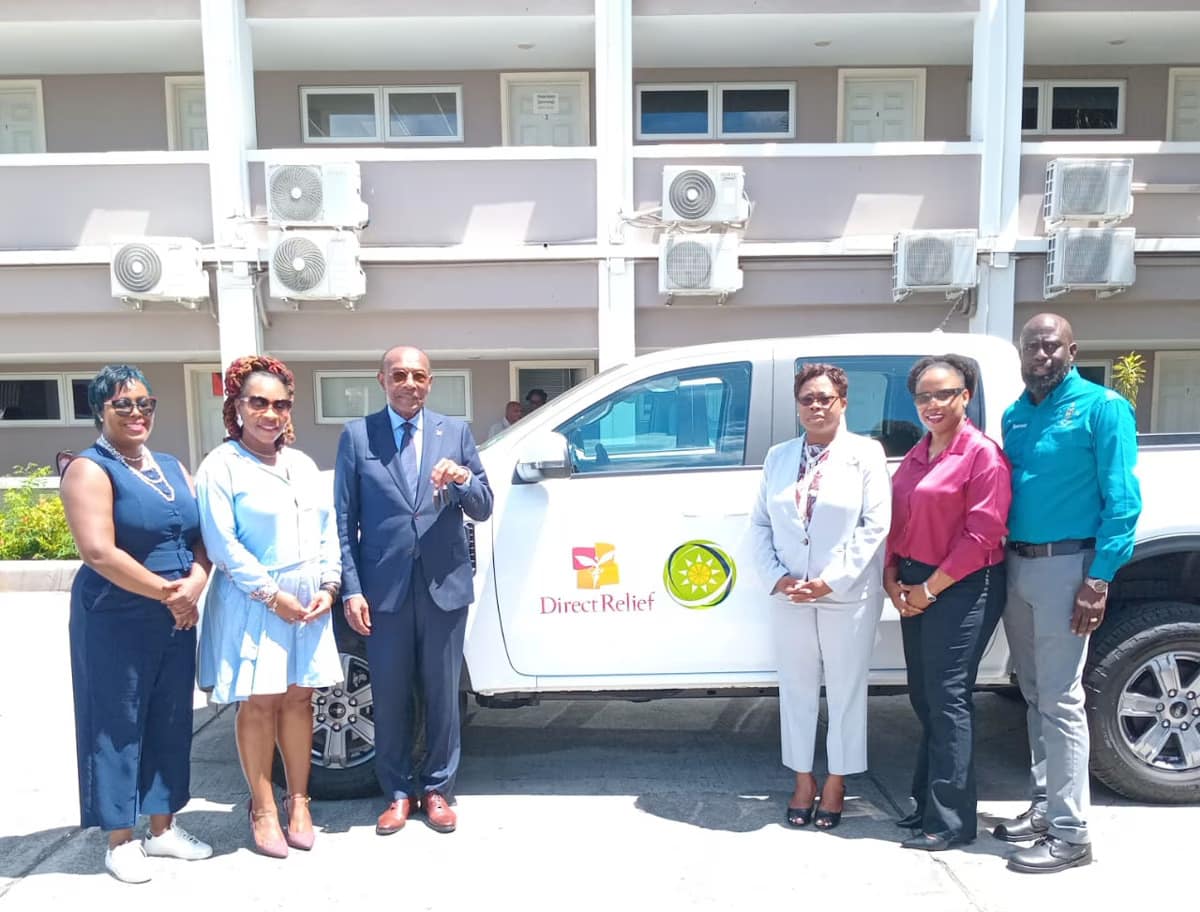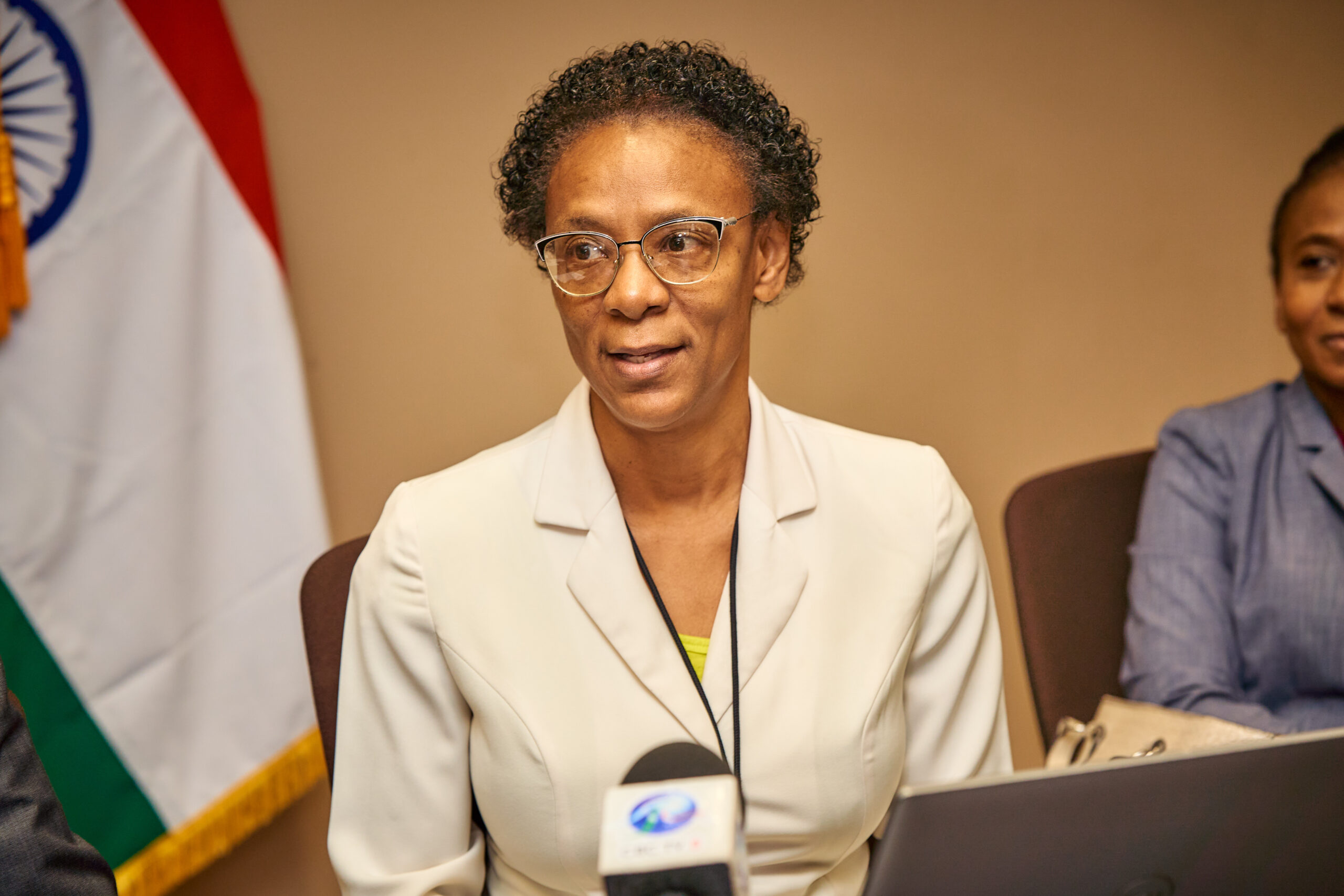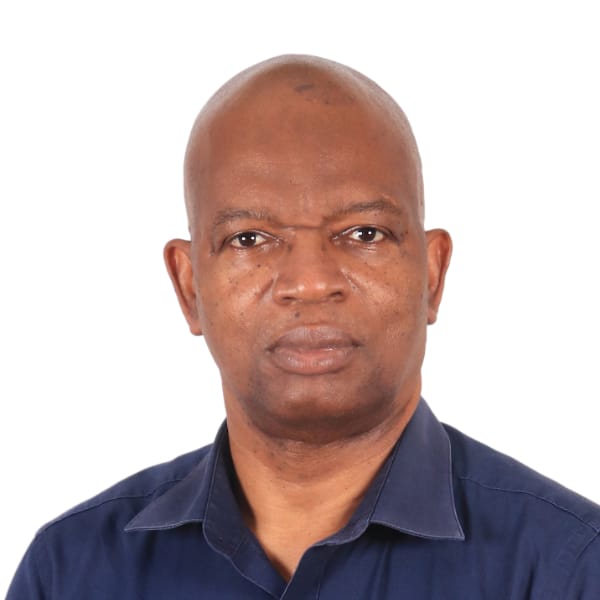Social media platforms are increasingly flooded with so-called news sites that peddle opinions and political propaganda under the guise of journalism. These platforms, often masquerading as legitimate online news outlets, lack any journalistic foundation. They are the digital weeds in the political garbage dump: noisy, toxic, and deadly to the quality of public discourse. These sites proliferate across Facebook, TikTok, and WhatsApp, spreading not news but misinformation—deception packaged as information. They operate without editorial oversight, physical addresses, or identifiable authors, ensuring no one is held accountable for their content. To appear credible, they occasionally mix in ‘normal’ news stories, but their primary output is an endless stream of politically biased, strategically driven opinions. Their goal is not to inform but to infect. Behind the scenes, shadowy groups pull the strings—political actors sowing chaos, promoting division (often along ethnic lines), and eroding public trust in legitimate media. Their fake news consists of fabricated quotes, doctored photos, outdated images presented as current, and so-called ‘revelatory’ stories without a single verifiable source. Their message is like poison in honey: enticing but deadly to public trust. The societal damage is immense. Misinformation undermines the foundation of democracy, replacing dialogue with polarization and threatening to drown honest journalism in a sea of lies. Facts are manipulated, emotions are exaggerated, and citizens can no longer discern truth from falsehood. What appears to be freedom of expression is, in reality, organized deception. Combating this digital pollution requires decisive action—not censorship, but accountability. It falls to genuine media and professional journalism to expose these ghost platforms and arm the public against their influence. This is not about limiting freedom but protecting it. Freedom of speech and press freedom are enshrined in constitutions and international treaties like the BUPO Convention and the Inter-American Convention on Human Rights. However, freedom is never absolute; it exists within the boundaries of truth, responsibility, and ethics. Dutch scholar H.A. Visser, in his research on the future of journalism, argues that true press freedom can only be guaranteed by independent editorial teams operating within professional and moral frameworks. This is the line between freedom and abuse. What is urgently needed now is transparency: a public list or index of accredited news media that adhere to verifiable sources, editorial responsibility, and journalistic codes. Those who operate outside these standards do not belong in journalism. Real journalism demands time, effort, and professionalism—dedication, integrity, and accountability. Fake news costs nothing but the trust of society. Society itself also has a role to play. Citizens must relearn what news is, who produces it, and what standards it should meet. They should scrutinize publishers, check sources, and avoid sites that scream, accuse, or incite without ever correcting themselves. Freedom of expression is not a license for chaos. For those who poison the news, poison democracy.
博客
-

News : Zapping…
Haiti is currently navigating a complex landscape of security challenges and educational opportunities. The Embassy of Haiti in Brazil has announced that the University of Santa Cruz do Sul (UNISC) is offering fully-funded Masters and Doctorate scholarships for international students for the academic year 2026. Applications are open until November 17, 2025, with eligibility requiring a License for Master’s programs and a Master’s degree for Doctorate programs. Interested candidates can apply via the UNISC website.
Meanwhile, Haiti continues to grapple with escalating security issues. Jocelyne Colas, Director of the Episcopal Commission for Justice and Peace, reported a surge in kidnappings, particularly in Delmas and Pétion-ville. In a recent clash in Desarmes, more than a dozen armed bandits were killed by law enforcement and self-defense groups, with no casualties reported among the police or civilians.
In a related development, U.S. Ambassador to Haiti, Henry Wooste, emphasized the challenges in deploying the new Gang Repression Force (FRG). He acknowledged public impatience but highlighted the complexity of assembling a multinational force of over 5,000 personnel.
On the political front, Jacques Desrosiers, President of the Provisional Electoral Council, announced that elections could be held within eight months, contingent on restored security and adequate funding. The UN Secretary-General, António Guterres, also presented a comprehensive report on Haiti’s situation to the Security Council, detailing recent developments since June 2025.
-

Dominican Consulate in New Jersey to hold Mobile Operation on October 25
The Consulate General of the Dominican Republic in New Jersey has unveiled plans for a Mobile Operation scheduled for Saturday, October 25, 2025. The event will take place at the Hudson Multipurpose Building, located at 515 54th St., West New York, NJ 07093, from 9:00 a.m. to 4:00 p.m. This initiative is designed to offer a comprehensive suite of consular services to Dominican nationals residing in the United States. Services will include passport issuance and renewal, affidavits, citizenship procedures, notarial certificates, translations, apostilles, contracts, consular IDs, and access to SENASA insurance. Consul José Santana highlighted the operation’s goal of making consular services more accessible to the Dominican diaspora, ensuring efficient, transparent, and reliable document processing. This effort is part of the consulate’s broader strategy to provide practical and secure solutions for Dominicans living abroad, reinforcing its commitment to supporting its citizens in the U.S.
-
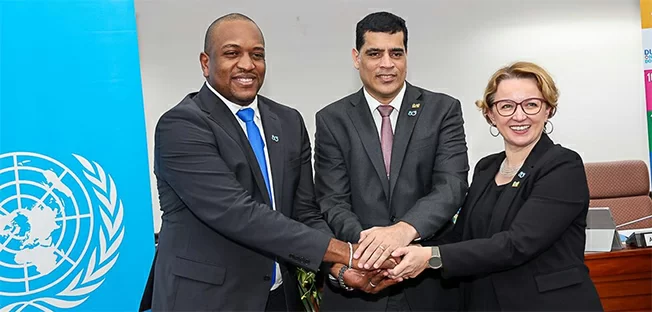
Bij 80 jaar VN: DNA benadrukt noodzaak multilaterale samenwerking
The United Nations (UN) marked its 80th anniversary on Thursday, coinciding with Suriname’s 50th year as a member state. The National Assembly of Suriname held a special session to commemorate these dual milestones, emphasizing the nation’s commitment to dialogue, multilateralism, and international responsibility in a world increasingly marred by conflict. Parliament Speaker Michael Adhin highlighted Suriname’s admission as the 146th UN member on December 4, 1975, and its role in translating UN principles into national legislation. UN Resident Coordinator Joanna Kazana praised Suriname as a ‘small nation with significant moral conviction,’ referencing President Jennifer Simons’ recent UN speech advocating for hope, shared responsibility, and climate justice. Foreign Minister Melvin Bouva underscored the UN’s strategic importance for Suriname’s development, noting efforts toward a potential Security Council candidacy by 2043. Parliamentary factions unanimously stressed the UN’s enduring relevance, with calls for fairness in multilateralism and the preservation of peace, justice, and human dignity. Leaders from various parties echoed the sentiment that Suriname’s diversity exemplifies the UN’s ideals, proving that peace is not just an abstract concept but a lived reality.
-
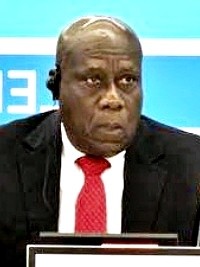
Society : «Hunger is not inevitable, it is a collective challenge» says Minister Joseph
From October 20 to 24, 2025, Vernet Joseph, Haiti’s Minister of Agriculture, Natural Resources, and Rural Development, participated in the 53rd session of the Committee on World Food Security (CFS) in Rome, Italy. Addressing the assembly, Minister Joseph highlighted the dire food crisis in Haiti while expressing optimism that the nation could overcome its challenges through effective policies and global solidarity. He underscored that nearly 5.7 million Haitians, including 2.8 million children, faced acute food insecurity as of June 2025, representing almost half the population. Despite these staggering figures, Joseph emphasized that hunger is not inevitable but a collective challenge that Haiti is determined to tackle. He outlined the government’s integration of the CFS Framework for Action into its policies, supported by international organizations such as the FAO, WFP, and World Bank. These efforts focus on strengthening family farming, promoting rural entrepreneurship, improving market access, and enhancing nutrition and school feeding programs. Joseph highlighted the success of the National School Meals Program, benefiting 1.2 to 1.6 million students, and a $10 million nutrition initiative in northern Haiti. He called for increased international cooperation, funding, and community involvement to transform Haiti’s food systems and build resilience locally.
-
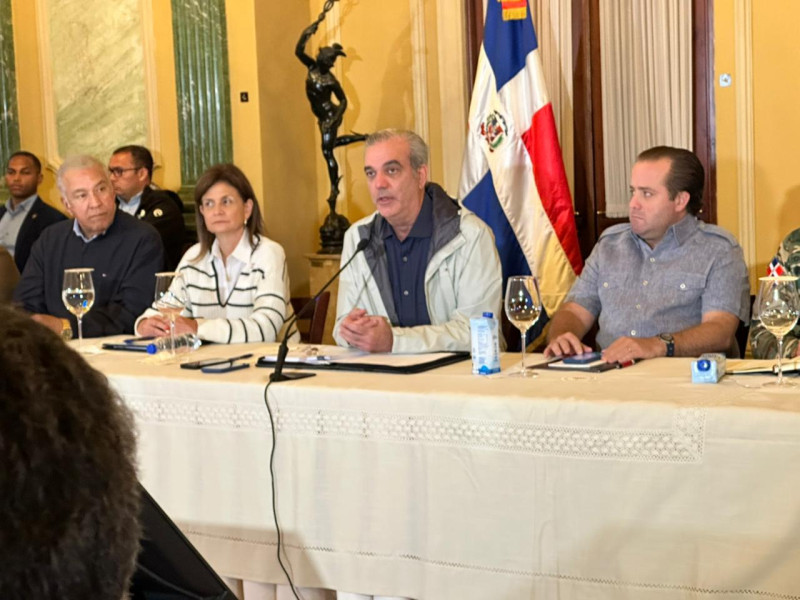
Melissa saturates Dominican soils, forcing alerts in popular tourist regions
The Dominican government has declared a suspension of work activities this Friday in multiple provinces placed under red alert due to the ongoing impact of Hurricane Melissa. The storm has brought relentless heavy rainfall, prompting authorities to urge heightened vigilance. Juan Manuel Méndez, Director of the Emergency Operations Center, stressed the need for minute-by-minute monitoring, highlighting the heightened risks of flooding and landslides caused by already saturated soil. Provinces under red alert include La Romana, Barahona, San Cristóbal, Santo Domingo, the National District, San José de Ocoa, San Juan, Azua, Peravia, Pedernales, San Pedro de Macorís, and Monte Plata. Meanwhile, La Altagracia, home to the popular tourist destination Punta Cana, is under yellow alert, along with La Vega, Hato Mayor, El Seibo, Samaná, Monseñor Nouel, Sánchez Ramírez, Elías Piña, Independencia, and Bahoruco. The government continues to emphasize the importance of public safety as the storm persists.

